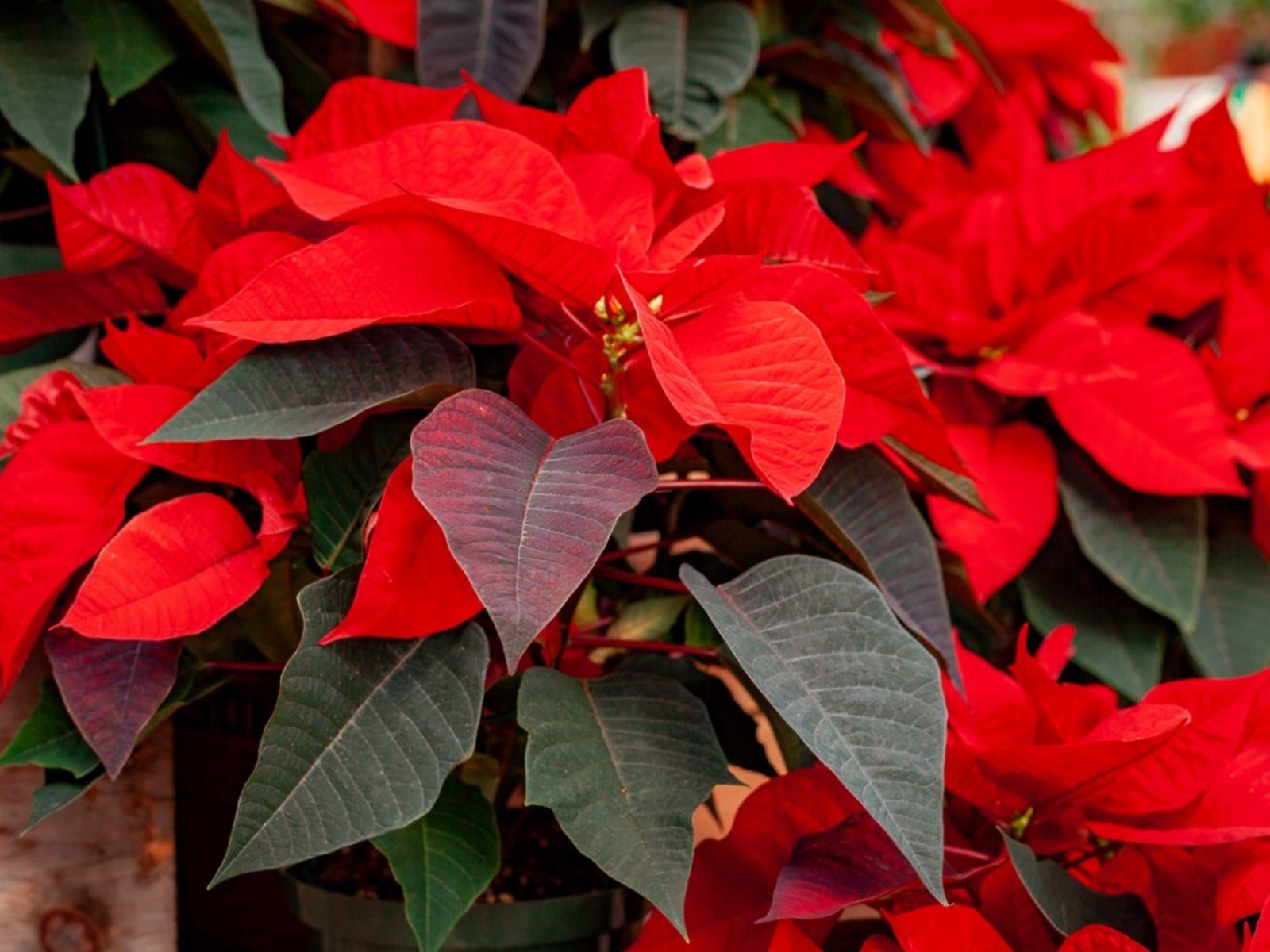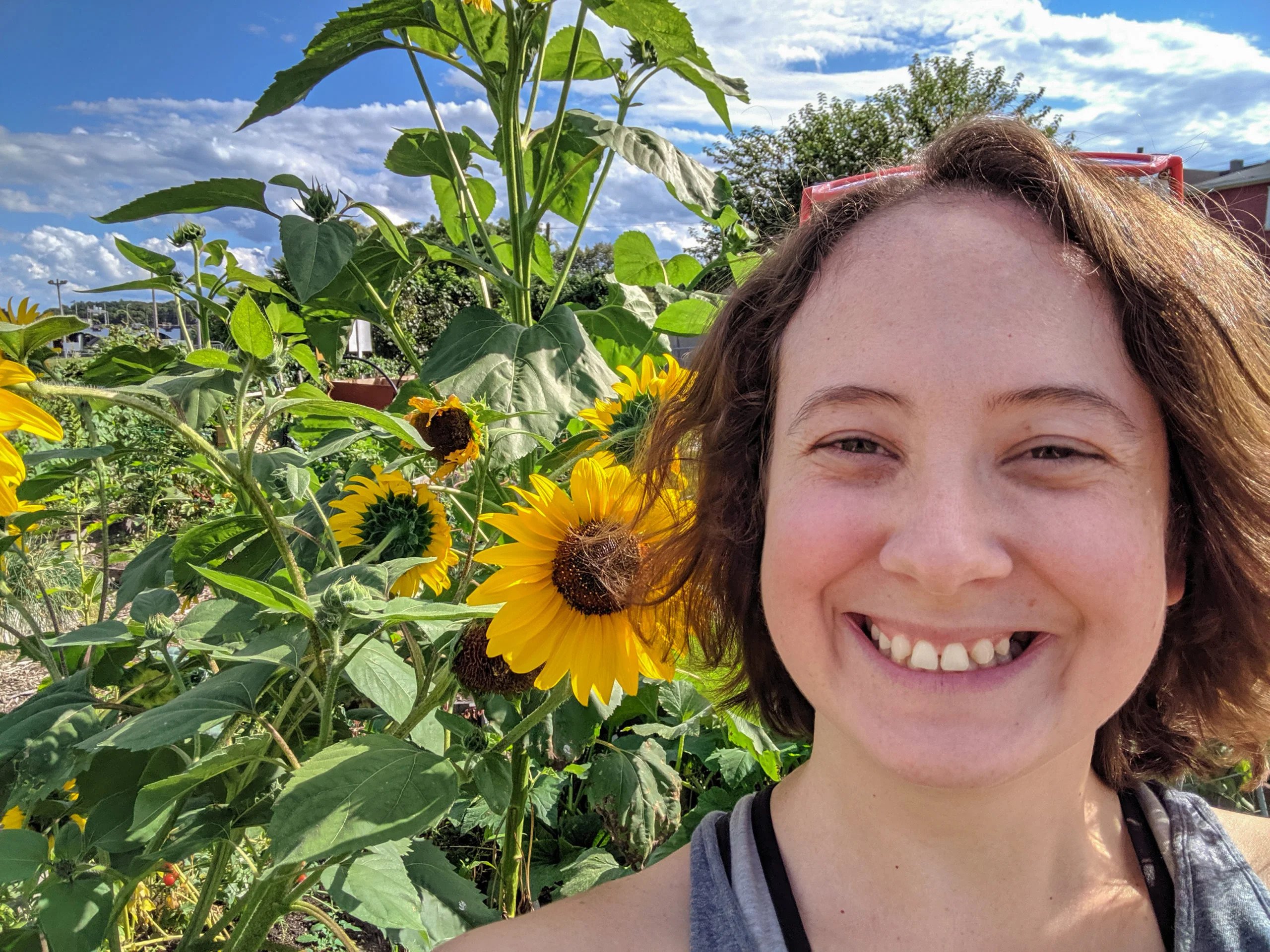Poinsettia Getting Yellow Leaves – Reasons For Poinsettia Leaves Turning Yellow


Poinsettias are famous for their flower-like bracts that turn bright red in the wintertime and earn them a place as an extremely popular Christmas plant. They can be stunning when they’re healthy, but a poinsettia with yellow leaves is both unhealthy and decidedly not festive. Keep reading to learn what might lead to a poinsettia getting yellow leaves and how to treat yellow leaves on poinsettia plants.
Why is Poinsettia Getting Yellow Leaves?
Poinsettia leaves turning yellow can be caused by quite a few things, but the most likely source of the problem is water. So, are yellow leaves on poinsettia caused by too much or too little water? Unfortunately, it’s both. Whether your poinsettia is parched, or its roots are waterlogged, it’s going to respond with yellow, dropping leaves. You should always keep the soil in your poinsettia’s pot moist. Don’t let it dry out, but don’t water until the soil is sopping wet either. Try to keep your soil so that it is always slightly damp to the touch, and the pot has just a little extra weight to it when you pick it up. When you’re dealing with a poinsettia with yellow leaves, over or underwatering are the most likely culprits simply because they’re so easy to get wrong. If you think your plant has the right amount of water, though, there are some other possible causes. Your poinsettia with yellow leaves could be caused by a mineral deficiency – a lack of magnesium or molybdenum could turn leaves yellow. By the same token, overfertilization can burn the leaves, yellowing them as well. Root rot could also be the cause. If you think you have root rot, apply a fungicide. Repotting your poinsettia plant may also help. You can prevent the likelihood of root rot by always using new, sterile potting soil.
Sign up for the Gardening Know How newsletter today and receive a free copy of our e-book "How to Grow Delicious Tomatoes".

The only child of a horticulturist and an English teacher, Liz Baessler was destined to become a gardening editor. She has been with Gardening Know how since 2015, and a Senior Editor since 2020. She holds a BA in English from Brandeis University and an MA in English from the University of Geneva, Switzerland. After years of gardening in containers and community garden plots, she finally has a backyard of her own, which she is systematically filling with vegetables and flowers.